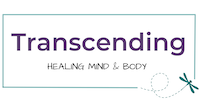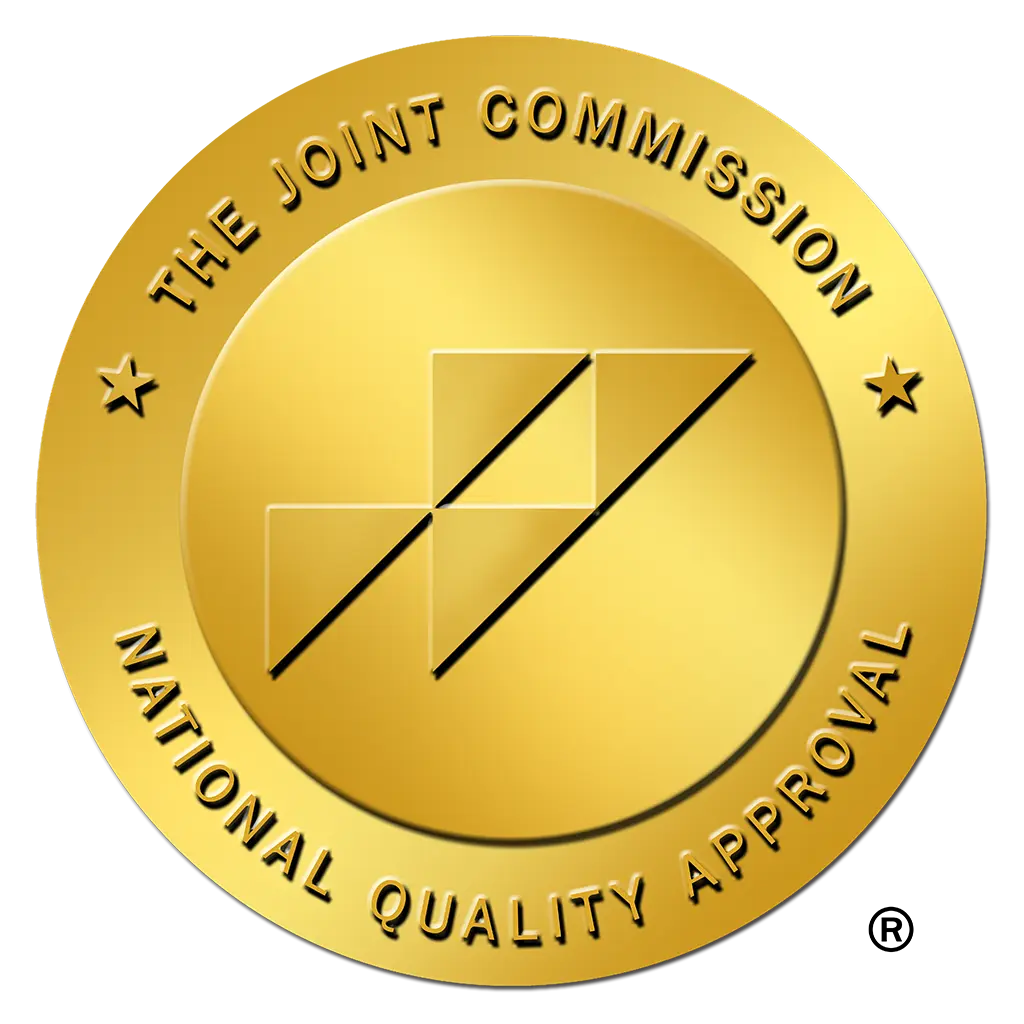Yikes! Kids are Back in School…
It’s 2021, a follow up year to a global pandemic and ongoing civil and community divisiveness, inequality, and social strife. Many of us are parents with children back in school after nearly a year and a half of virtual education and isolation from their familiar routines and gatherings. This is jarring for the child, the parents, and the teachers. As adults, working from home for a long period and returning to the workplace was a tremendous and stressful transition. Imagine being a child, where you lack contextual and existential understanding of the world, lack foundational coping skills for emotions, lack the language to express oneself fully, and still need years of training on social skills. You can imagine that while returning to school for many children was exciting, it was also very scary and very stressful.
You may notice behaviors in your child such as acting out, isolating, losing motivation, striving for perfectionism, sleeping more or not enough, appetite changes, separation anxiety, and frequent mood swings. These can all be signs that your child—young, adolescent, or teen—may be struggling to adjust. Moreover, it may indicate the development of depression or anxiety.
Terms like Depression or Anxiety often make parents panic. I don’t want my child to feel these things! Well, that’s quite normal to some degree. Feeling these things is part of being human. They are like smoke signals telling us that we have a need that isn’t being met; so, if we work on identifying the need and then taking steps to fulfill it, we can often mitigate those negative moods. It is when we neglect them that they become problematic. The next section talks about some things you can do to help your kids, so their distress is soothed, and their chances of stabilizing and coping are increased. Their need during this time is to feel safe, and that is what parents can do best for their children!
Coping as a family…
A safe place… Start by creating a safe place for your child to discuss what they are feeling. Ask them about their day and tune into the emotions you hear in what they say. For example, they might state, “I sit alone at lunch every day.” We can assume some feelings are present such as loneliness, sadness, embarrassment, abandonment or rejection. So as a parent you might state, “Oh, that sounds lonely. You must feel like other kids don’t want to talk to you.” This is an example of a validating statement, and you’ve just shown your child that you are listening to them, and you understand them. Typically, this will invite them to talk more. Keep using the validation and be cautious not to FIX. For instance, “Well, you’ll make friends eventually.” Although you mean well, and you want to encourage them, you’ve inadvertently dismissed their sad feelings. The truth is, you may not be right, and you may not be able to do anything about their problems; but you can be the person that makes them feel seen and heard.
Routines… Another important step is to create routines at home, these help children feel safe during a time when things may feel chaotic or unpredictable. Routines, when possible, can include mealtimes, snack times, reading before bed, a craft hour, bath time, homework hour, time for talking and sharing, a time for play and set times for chores.
Rituals… Similar but different than routines are rituals. Rituals can include watching a particular show with your child, taking a walk, cooking together, reading together, or playing board games. Again, these rituals create safety and connection.
Practice social skills… Provide social opportunities outside of school for your child, while educating them on safety. Most children are familiar with wearing masks and washing hands, but the continued reinforcement helps normalize the protocols for them. Meanwhile, help your child visit in small social events that involve 1-2 other children. Perhaps this is playing at the park, going on a picnic, hiking or seeing a ball game. This helps them continue to practice their social skills on a small, safer scale than when in school.
Meet the teachers… Get to know their teachers. This takes time…when we are busy with work, housecleaning, cooking, bills, and the logistics of it all, adding another task feels challenging. However, connecting with teachers has its benefits. We gather important information about our children this way, and we also show our children that we care enough to do so. The child feels a connection between home and school. This can also assuage any issues as they arise. Remember, you are your child’s primary advocate. Teachers have a hard job, more challenging than ever. This means they may overlook things, misunderstand your child, or attempt strategies that aren’t useful—not because they do not care—but because they are people that are struggling with the world and its stress, too! When you become part of the process, you offer immensely helpful context about your child to the faculty that is educating them. This is especially important for marginalized populations where their culture may differ from mainstream culture; or for children who have physical, cognitive or behavioral disabilities. As their parent, you may be the only agent for your child to get the support they need.
Mind your behavior, mind your emotions… Perhaps the most challenging yet most valuable thing you can do for your child is to dial into your own emotions. Your children will absorb your feelings and moods. If you are anxious, your child will likely become anxious. This doesn’t mean you mask them or hide them; but it does mean you want to temper your responses to your emotions. Rather than snapping at someone when you feel anxious, state your feelings calmly and clearly. Build reassurance into your worried statements. For example, instead of saying, “I’m worried about how to get John to and from day care on Friday,” you can calmly state, “I’m not sure about getting John to and from day care on Friday, but I’m working on a few ideas.” If your child notices your emotions, you can admit to having them, but be sure to reassure them that being afraid or angry is common and working through them by finding healthy solutions is normal for everyone. This sets the example for them when they are battling their own difficult emotions.
If you try these strategies and find that your child continues to have a hard time with this transition, you can speak with the school counselor to identify additional resources. You can also speak with their primary care doctor or find a therapist that works with children and youth. Ask these professionals about individualized resources as well as support groups for youth or therapy groups. Therapeutic group settings for children and youth is extremely beneficial. Getting help for your child is also a way to help YOURSELF…the parent…because this is tough for you as well.











Leave a Reply
Want to join the discussion?Feel free to contribute!